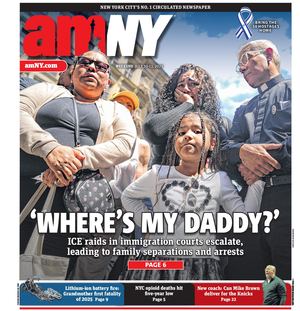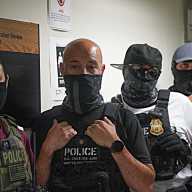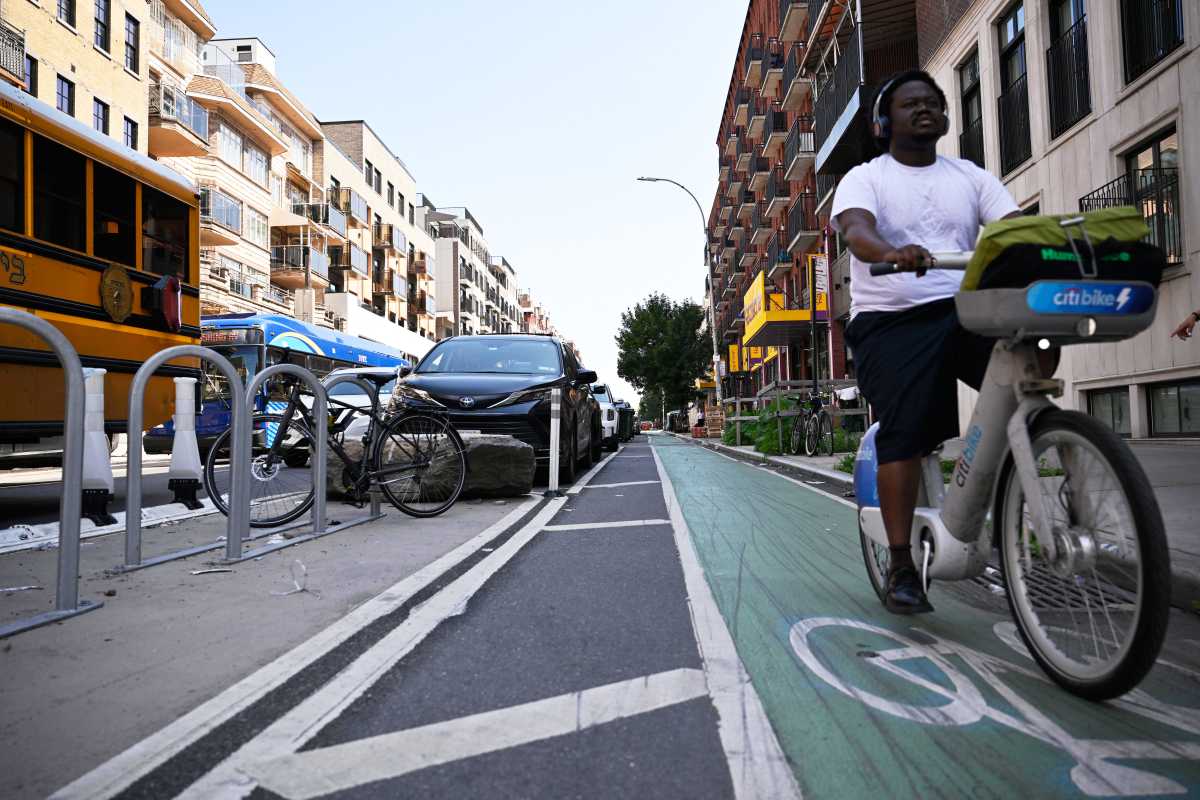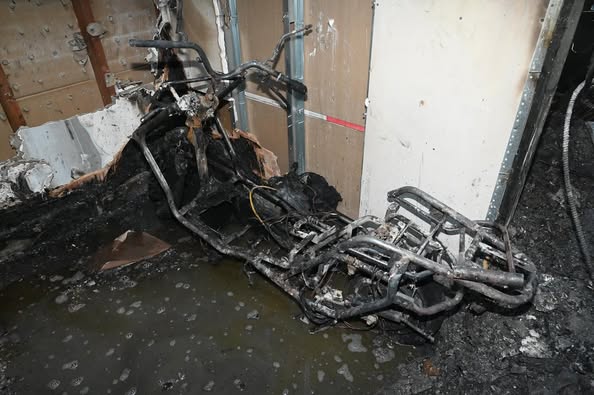BY Scott Stringer and Julie Menin
As Lower Manhattan recently erupted in protests over the proposed Islamic center and mosque, a much larger concern that unites all of us—Democrats and Republicans—faded into the background. We need to protect our community from another terrorist attack. It should be our single most important goal. But it has been overlooked in the continuing debate over Park51.
Indeed, Lower Manhattan is the only U.S. community that has been attacked twice by terrorists. And it is outrageous that, nine years after 9-11, we still have failed to implement many of the pivotal recommendations made by the bipartisan September 11 Commission which spent years analyzing the safety failures of 9-11 and made a panoply of recommendations on how to improve homeland security. One glaring example of a recommendation left unheeded: the 400-plus-page Commission report notes that there are currently 88 subcommittees and committees in Congress dealing with “homeland security,” when there should only be one in the House and one in the Senate.
Here’s another: Why does New York City, one of the top terrorist targets in the world, continue each year to face cuts to its homeland security funding? Just this year, the Obama Administration, several days after the attempted plot to bomb Times Square, cut New York City’s transit security by 27% and its port security by 25%. While the Administration argued that the $53 million in budget cuts to the city’s homeland security funding would be made up by stimulus dollars, those are one-shot funds. When the stimulus money runs out in two years, replacing those missing dollars will be a Herculean task.
Why do we continue to condone the politically expedient way that homeland security funding decisions are made? Why should states and areas that face little risk remain competitive with cities at the top of the terrorist target list? We mean no disrespect to Wyoming—but under what responsible scheme should it continue to receive disproportionate amounts of anti-terror funding in some categories compared to high-risk targets like New York City?
These are issues that require strong, bipartisan leadership from New York’s elected representatives and civic and community leaders. Yet rather than focus on the protection of our community, city and country, some have created an obscuring furor. Whatever your position is on the Islamic center and mosque, this consuming battle has distracted all of us from completing critical work. As long as these strategic policy recommendations remain unfulfilled, we remain starkly vulnerable.
Instead of arguing about the precise location of the Islamic center, why don’t we put aside our differences and focus on the common goal of keeping our children and all of us safe? We have a suggestion for all those politicians who have led the charge against this center: Join us in our fight to protect our communities, our cities and our great nation–by focusing on the freedom to live our lives in peace and security. We need to–and should have years ago– adopted the most salient recommendations of the September 11th Commission. We need to change the formulas once and for all of how homeland security funding decisions are made.
Now is the time to tone down the rhetoric, keep our priorities straight and focus on the life and death issues that define our time. There is much that unites us as Americans, and we should channel these energies before it is too late.
Scott Stringer is the Manhattan Borough President. Julie Menin is Chairperson of Community Board 1 in Lower Manhattan.

































